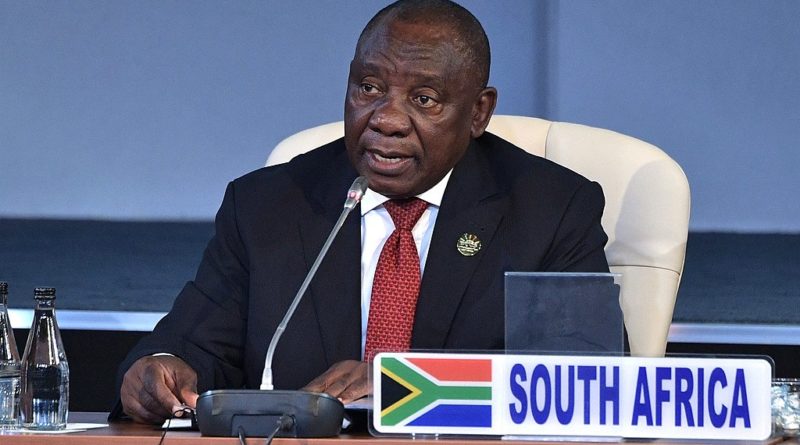Ramaphosa: electricity reform in word only?
Johannesburg – The Free Market Foundation (FMF) calls on government to speed up the process of detailing and gazetting President Ramaphosa’s June announcement regarding the lifting of the threshold for companies to produce their own electricity without a licence, up to 100 MW. The FMF has advocated for this policy reform numerous times in the past, and government should be applauded for heeding our policy advice. However, it is more than a month since the announcement and, if progress has been made, the public has not been informed accordingly.
Policy reform that is confined to speeches only, will not have any real-world benefit for South African businesses and consumers who are regularly subjected to rolling blackouts (load shedding). The relevant amendment to Schedule 2 of the Electricity Regulation Act must proceed without any further delay.
This reform process must be as transparent and as closely monitored as possible. Part of the President’s announcement was the indication that generation projects will need to obtain a grid connection permit to ensure that they meet all the requirements for grid compliance. The FMF is concerned that the permit-obtaining process will be subject to the inefficiency and political-interference that South Africans have become all too familiar with.
“South Africa’s growth and job-creation potential has been inhibited by the government-enforced monopoly in electricity generation and distribution – Eskom – for too long”, commented FMF Deputy Director Chris Hattingh. He added, “Policy reform of the kind announced by President Ramaphosa will not necessarily happen overnight; but South Africans need to see that real progress is being made in terms of actualising the reform. Meaningful business- and capital-investment, with all the concomitant job opportunities, will simply not happen in the current environment.”
Industry and businesses must be allowed to invest in their own substantial embedded generation capacity; this will alleviate pressure on Eskom, allowing it to implement urgent repairs to an aging generation fleet and ensure that those businesses and industry players can continue their operations without ongoing energy concerns.
During his June announcement, the President said that he would give the Minister of Mineral Resources and Energy, Gwede Mantashe, 60 days to gazette the amendment. Using the President’s own deadline, the Minister still has some time. But there is no objective reason for this amendment to take such a long time, especially in the current low-growth, rising unemployment, environment.
In the decade up to 2019, South Africa’s GDP growth averaged 1.4%; at present unemployment hovers above 42% (using the expanded definition). As many businesses, communities, and consumers try to recover and rebuild from more than a week of violence and looting – and more than a year of livelihood-killing lockdowns – South Africa needs cheap, reliable energy. The only way to reach that point, is to allow competition in the energy space; this 100 MW reform can be the first significant step on that road. Will the process be stillborn? Without serious energy reform, real economic growth and positive transformation will remain a fantasy.




